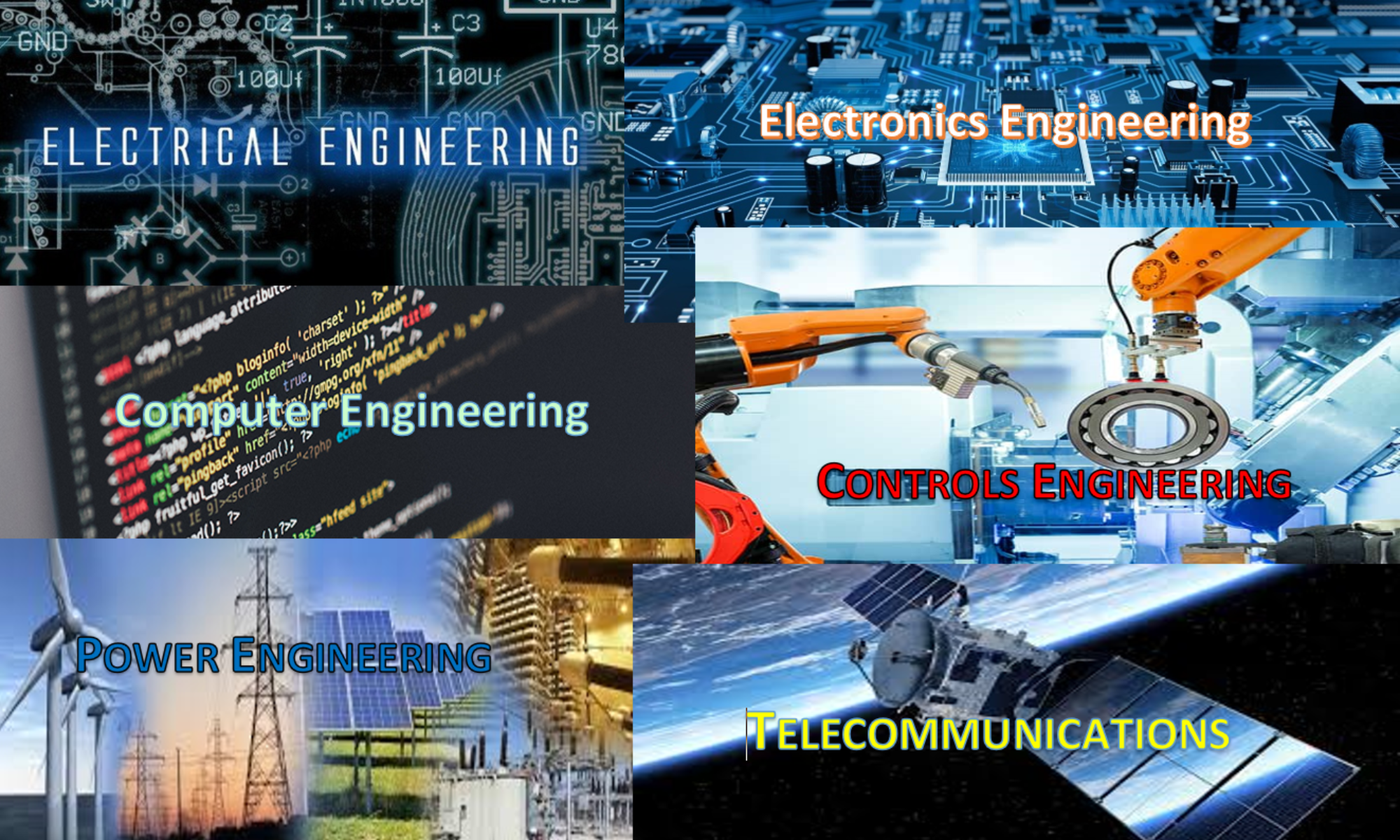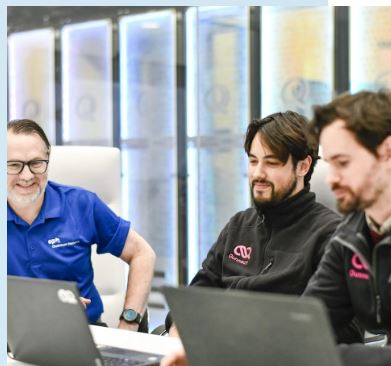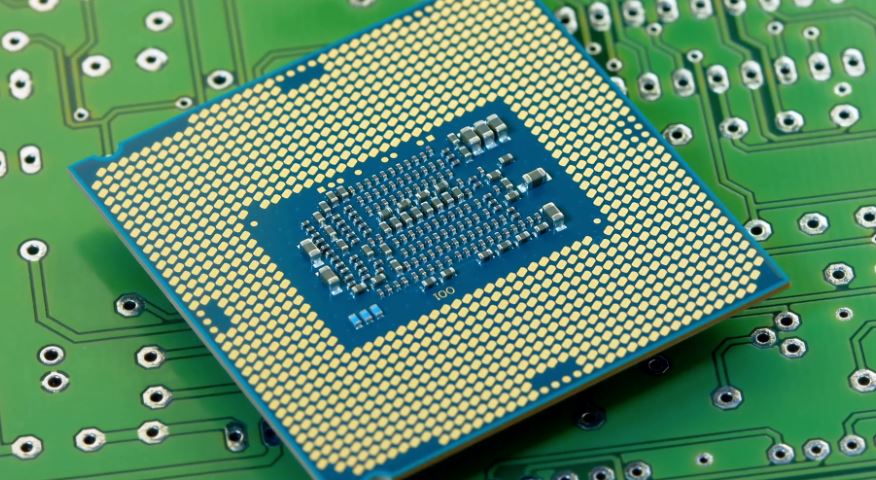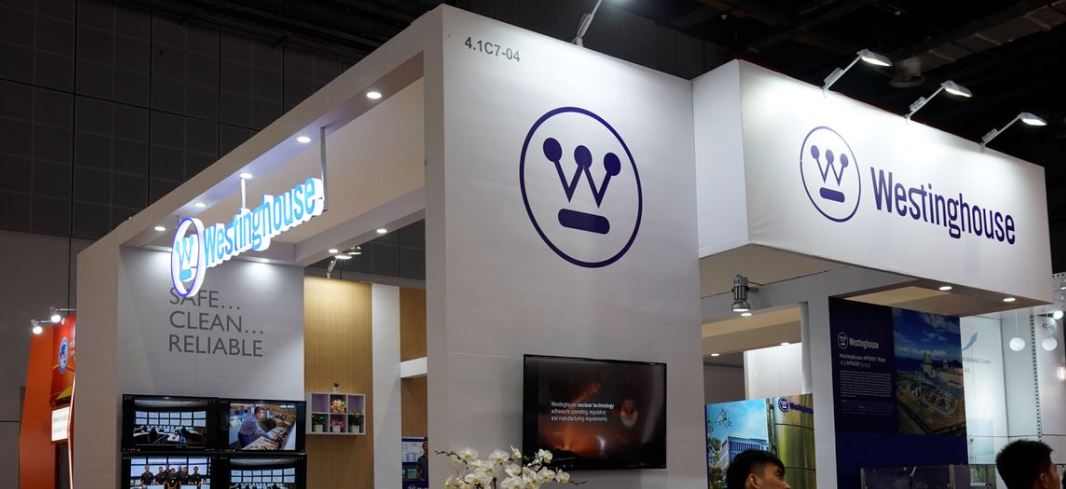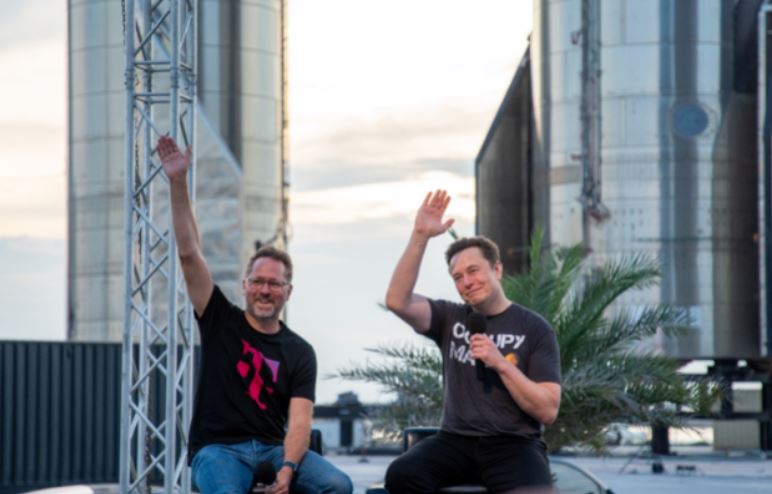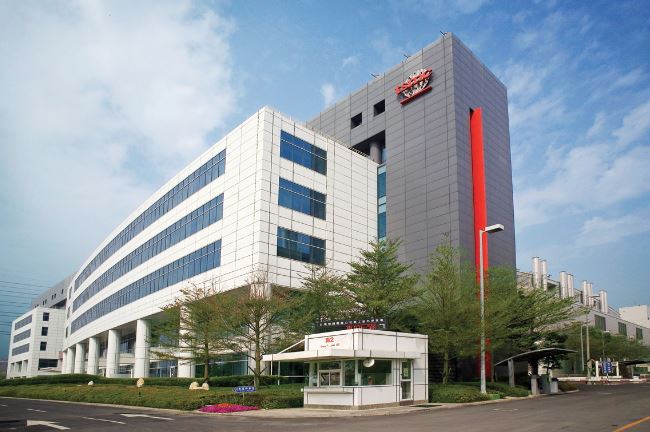
By EETimes.com / DesignLines – Fabricating newer integrated circuits is becoming an increasing challenge especially in light of trying to keep up with the rising demand. “Identifying and securing tradespeople who can handle the intricate needs of chip fab construction is something that needs more attention and thought, Shari Liss, executive director of the SEMI Foundation, a nonprofit arm of SEMI that focuses on workforce development programs.”
A new chip manufacturing facility was being constructed in Arizona where the production start-up processes were delayed by nearly a year where the “Taiwan Semiconductor Manufacturing Co. (TSMC) had to delay its production start date to sometime in 2025.”
